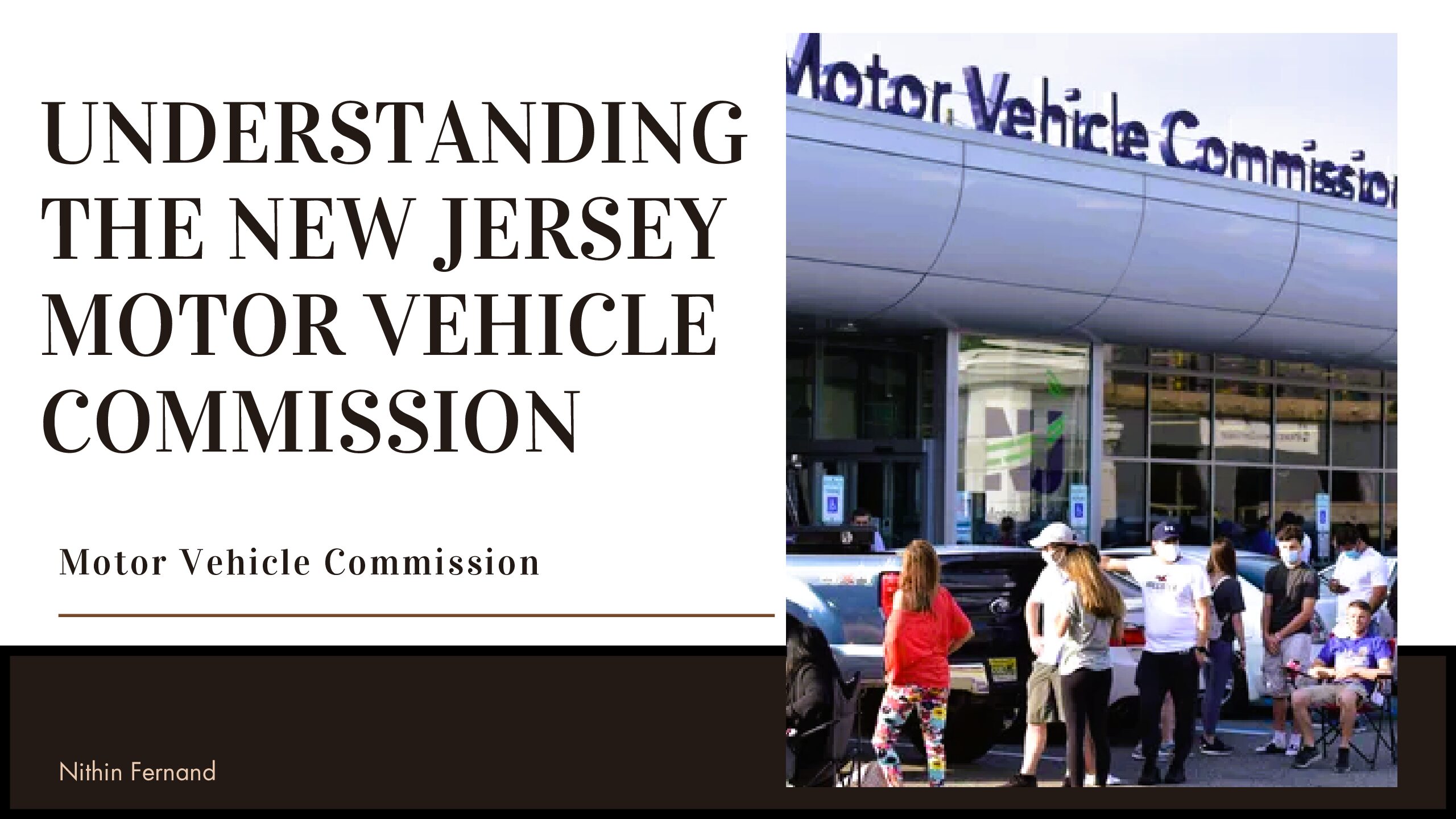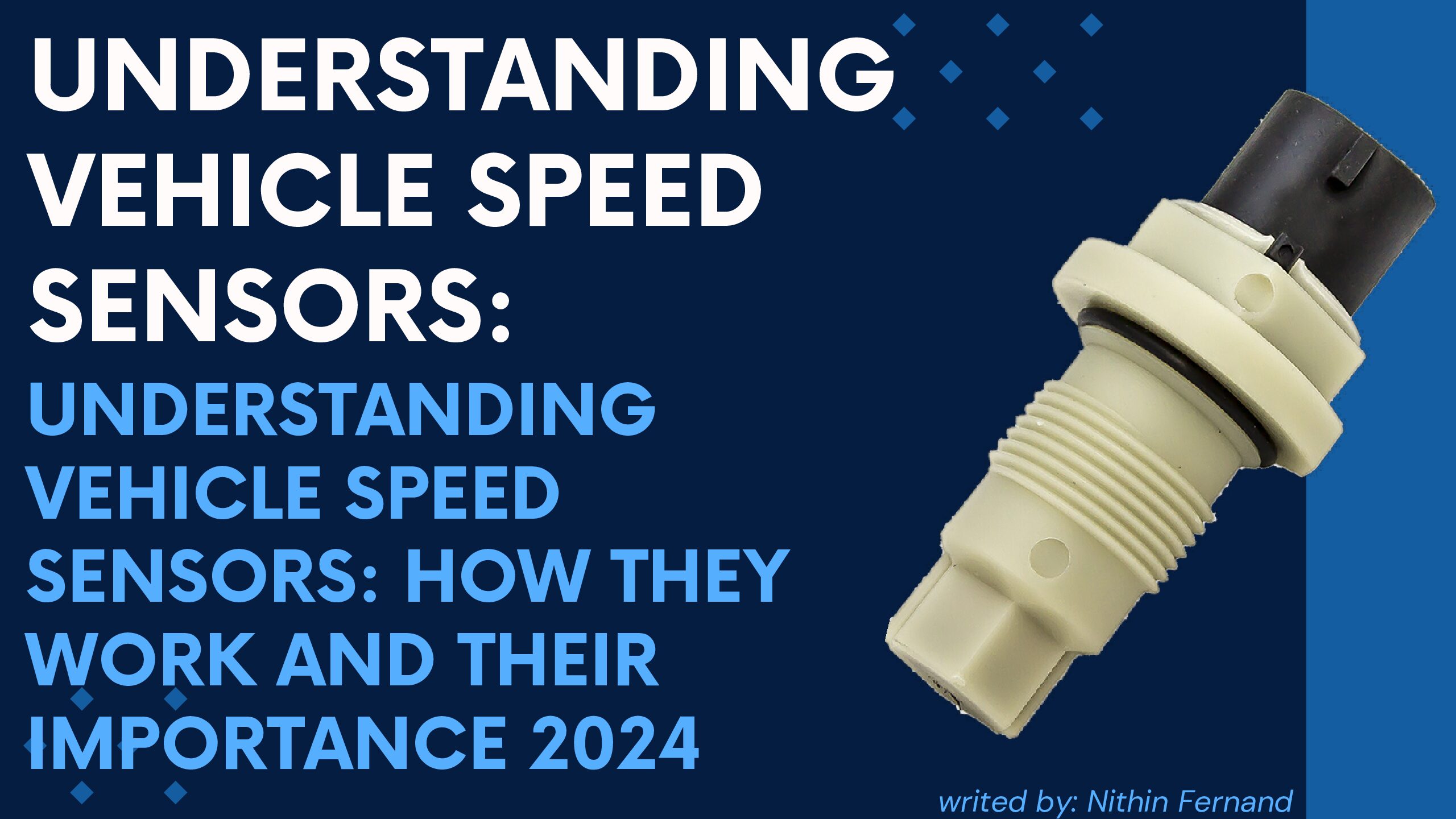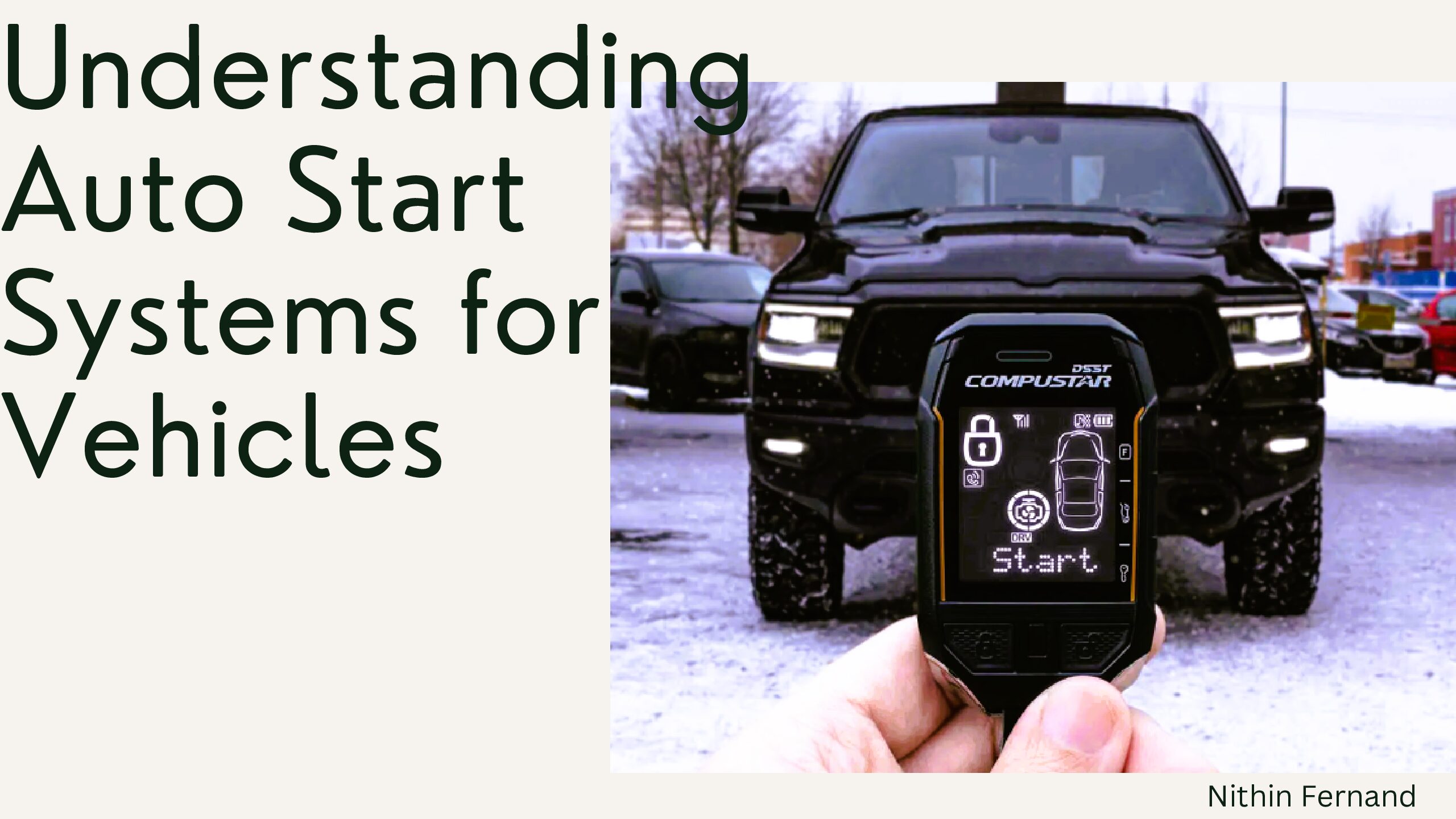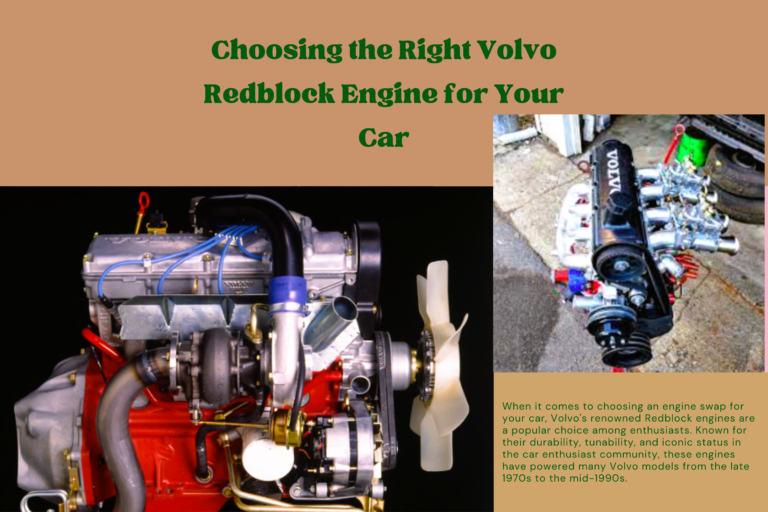Understanding the New Jersey Motor Vehicle Commission 2024
Introduction
The New Jersey Motor Vehicle Commission (MVC) is a vital state agency responsible for overseeing a comprehensive range of services related to vehicle operation and regulation in New Jersey. Established to ensure safe and efficient travel, the MVC administers the licensing of drivers, registration of vehicles, and enforcement of motor vehicle laws. Its multifaceted functions include conducting road tests, maintaining driving records, and implementing safety inspections, making it an essential element of New Jersey’s governance and public safety initiatives.
The MVC plays a pivotal role in maintaining the integrity of New Jersey’s transportation system. By establishing and enforcing regulations that govern vehicle operation, the MVC enhances road safety for millions of drivers and pedestrians alike. Moreover, the agency’s efforts to promote traffic safety, implement driver education programs, and manage vehicle inspections contribute significantly to reducing accidents and improving overall public safety. The MVC’s initiatives also support the state’s economic growth by facilitating efficient transportation options for residents and businesses.
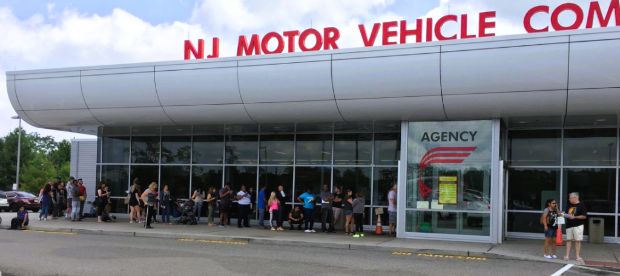
This article aims to provide a comprehensive overview of the New Jersey Motor Vehicle Commission, highlighting its historical background, current services, public initiatives, and future plans. By exploring the MVC’s impact on New Jersey’s transportation landscape, we hope to underscore its significance not only for individual drivers and vehicle owners but also for the broader community. Ultimately, this discussion endeavors to inform and engage readers about the crucial functions of the MVC and encourage responsible utilization of its services.
Table of Contents
History of the MVC
Brief History of the MVC’s Establishment
The New Jersey Motor Vehicle Commission (MVC) was established in 2003, succeeding the former Division of Motor Vehicles (DMV), which had been in operation since 1913. The creation of the MVC marked a significant shift in how the state managed vehicle registration and driver licensing, aiming to enhance customer service and streamline operations. The MVC was formed with a mission to provide more efficient services to the public and to modernize the processes associated with vehicle regulation and driver services. In its early years, the MVC focused on consolidating existing services and implementing updated technologies to improve the overall experience for New Jersey residents.
Evolution of Services Offered
Since its inception, the MVC has significantly broadened the range of services it offers. Initially focused on basic vehicle registration and driver licensing, the MVC now provides a comprehensive suite of services, including:
- Online Services: The MVC has embraced technology by offering a variety of online services, allowing customers to renew licenses, register vehicles, and obtain vital records from the comfort of their homes.
- Innovative Programs: The Commission has introduced programs such as the Graduated Driver License (GDL) system, which aims to reduce accidents among novice drivers, and various educational initiatives focused on safe driving practices for all age groups.
- Accessibility Improvements: The MVC has worked to enhance its services for individuals with disabilities, ensuring that the facilities and processes are accessible to all customers.
Major Legislative Changes Affecting the MVC
Over the years, several legislative changes have profoundly impacted the MVC and its operations:
- Legislation for Digital Services: Various laws have been enacted to allow for the expansion of online transactions and digital documentation, promoting efficiency and convenience in accessing MVC services.
- Safety and Emissions Standards: Legislative initiatives have introduced stricter safety inspection and emissions testing requirements, ensuring that vehicles on New Jersey roads meet necessary environmental standards and contribute to public health and safety.
- Changes in Licensing Regulations: Modifications to driver licensing laws, including those pertaining to age, testing requirements, and renewals, have been implemented to enhance safety and adapt to changing societal needs.
These legislative changes reflect the ongoing evolution of the MVC in response to technological advancements, societal needs, and public safety priorities. As the MVC continues to adapt to new laws and regulations, its services remain crucial to the safe and efficient functioning of New Jersey’s transportation system.
Key Functions of the MVC
Vehicle Registration

- Process of Registering a Vehicle
- To register a vehicle in New Jersey, owners must provide documentation such as proof of ownership (e.g., a bill of sale), proof of identity, and proof of insurance. The application is typically completed at a local MVC office or online. Fees vary depending on the type of vehicle and registration duration.
- Importance of Vehicle Registration
- Vehicle registration is essential for legal recognition of vehicle ownership, ensuring that all vehicles on the road are accounted for and insured. It helps in maintaining safety standards and is a prerequisite for law enforcement to track vehicles involved in crimes or accidents.
Driver Licensing
- Types of Licenses Issued
- The MVC issues several types of licenses, including standard driver’s licenses, commercial driver’s licenses (CDLs), motorcycle licenses, and temporary permits. Each type has specific requirements and restrictions based on the category of vehicle operated.
- Process for Obtaining a New License or Renewing an Existing One
- New drivers must complete a series of tests (knowledge and vision) and provide documentation (proof of identity and residency). For renewal, drivers often need to provide their existing license and may be required to pass a vision test. Online renewal options are also available for eligible drivers.
Title Services
- Importance of Titles
- A vehicle title is a legal document that establishes ownership. It is crucial for buying, selling, and insuring vehicles, as well as for financing and registering vehicles in different states.
- How to Obtain a Title for a Vehicle
- Owners can obtain a title during the vehicle registration process. For used vehicles, titles may be transferred from the seller, requiring both parties to complete the appropriate forms and submit them to the MVC.
Inspections
- Overview of Vehicle Inspection Requirements
- New Jersey requires vehicles to undergo routine inspections to ensure safety and compliance with state regulations. Inspections generally involve checking key vehicle components like brakes, lights, and tires.
- Emissions Testing and Safety Inspections
- Emissions testing is mandated for most vehicles to reduce air pollution. The MVC conducts inspections at designated centers, ensuring vehicles meet the Environmental Protection Agency (EPA) standards for emissions.
Driver Testing
- Knowledge and Road Tests
- The MVC administers knowledge tests that assess a driver’s understanding of traffic laws and safe driving practices. The road test evaluates practical driving skills in various traffic situations.
- Requirements for Learner’s Permits
- To obtain a learner’s permit, applicants must be at least 16 years old, pass the knowledge test, and provide parental consent if under 18. The permit allows new drivers to practice under the supervision of a licensed adult.
Online Services and Innovations
c
- Online Registration and Renewals
- The MVC offers online platforms for vehicle registration, title applications, and license renewals, allowing users to complete transactions without visiting MVC offices.
- Scheduling Appointments
- Customers can schedule appointments for various services online, minimizing wait times and streamlining the visit process for in-person services.
Use of Technology in Improving Customer Experience
- The MVC has integrated modern technologies, including user-friendly websites and mobile applications, to provide easier access to services, track appointments, and receive real-time updates on wait times.
Remote Services During the COVID-19 Pandemic
- During the pandemic, the MVC expanded its online services and introduced remote operations to ensure the continued provision of essential services while adhering to health guidelines. This included virtual appointments and online document submissions.
Challenges Faced by the MVC
Long Wait Times and Customer Service Issues
- Many MVC offices experience high volumes of customers, leading to long wait times and frustration. Addressing these issues remains a priority for the MVC to enhance customer satisfaction.
Legislative and Budgetary Constraints
- The MVC operates under budgetary and legislative frameworks that can limit resource allocation, staffing, and available services, impacting its ability to innovate and expand offerings.
Adapting to New Technology and Security Standards
- As technology evolves, the MVC must continuously adapt to new systems while ensuring data security and privacy. This includes upgrading infrastructure and training staff on new technologies.
Public Programs and Initiatives

Educational Programs on Traffic Safety
- The MVC conducts educational outreach programs aimed at increasing awareness about safe driving practices, particularly among young drivers and new residents.
Initiatives for Promoting Electric Vehicles (EVs)
- To support environmental goals, the MVC promotes the use of electric vehicles through incentives, educational efforts, and infrastructure improvements, including charging station installations.
Driver Improvement Programs
- The MVC offers driver improvement programs designed to enhance driving skills and reduce the risk of accidents. These programs often target drivers who have received traffic violations, providing them with knowledge to improve their driving habits.
Car Accident Lawyers Near MeNithin Fernand
Future of the MVC
Upcoming Changes or Proposed Legislation
- The MVC anticipates various legislative changes aimed at improving its services and operations. This may include proposals to streamline administrative processes, enhance funding for technology upgrades, and address systemic challenges such as long wait times and staffing shortages.
Innovations on the Horizon (e.g., Digital IDs, Enhanced Online Services)
- The MVC is exploring the implementation of digital IDs, which would allow residents to carry a secure digital version of their driver’s license on mobile devices. Additionally, expanding online services is a focus, with plans to introduce more transaction capabilities to provide greater convenience for users.
MVC’s Role in New Jersey’s Transportation Infrastructure
- As a critical component of New Jersey’s transportation framework, the MVC will continue to play a vital role in enhancing road safety, managing vehicle registration and licensing, and supporting initiatives that promote sustainable transportation solutions. The MVC’s efforts in modernizing services and embracing innovative technologies will contribute to the overall improvement of New Jersey’s infrastructure, ensuring it meets the needs of its residents and supports economic growth.
Conclusion
Recap of the MVC’s Significance
The New Jersey Motor Vehicle Commission (MVC) plays a crucial role in ensuring public safety and efficient transportation systems throughout the state. With responsibilities ranging from issuing driver’s licenses and vehicle registrations to promoting traffic safety, the MVC is integral to the daily lives of New Jersey residents. Its services not only facilitate mobility but also help maintain high standards of compliance and regulation, ultimately contributing to safer roads for everyone.
Encouragement to Utilize MVC Services Responsibly
As we navigate the intricate landscape of motor vehicle services, it is paramount that residents utilize MVC services responsibly. This includes abiding by traffic laws, ensuring proper vehicle registration, and actively participating in educational programs designed to enhance road safety. Responsible use of the MVC’s services reflects a commitment to safe driving practices and contributes to the overall well-being of our communities.
Final Thoughts on the Ongoing Evolution of the MVC
The Looking ahead, the MVC is poised for significant growth and transformation. With the integration of innovative technologies, such as digital identification and enhanced online services, the MVC is adapting to meet the evolving needs of New Jersey’s diverse population. As it continues to embrace modernization while addressing challenges and legislative changes, the MVC’s ongoing evolution promises a future of improved accessibility, efficiency, and safety in New Jersey’s transportation infrastructure.
Additional Resources
Links to MVC Official Website
- To access comprehensive information and the latest updates about the MVC’s services, visit the official website: New Jersey Motor Vehicle Commission. This site provides resources for all MVC-related services, including vehicle registration, driver licensing, and online services.
Contact Information for Local Offices
- The MVC has multiple branch locations throughout New Jersey. To find the nearest MVC office and its contact details, you can use the “Locations” section on the MVC website. Here, addresses, phone numbers, and hours of operation are available for each local office:
- General Inquiries: Call the MVC Customer Support Center at (609) 292-6500.
- TTY Information for Hearing Impaired: Dial 711 and provide the relay operator with the same customer service number.
FAQs About MVC Services
- Find answers to common questions about MVC services by visiting the FAQs section of the MVC’s official website. This includes information on topics such as renewing licenses, registering vehicles, understanding inspection requirements, and accessing online services. The FAQs page is designed to swiftly guide users to solutions for their specific needs, reducing the need for phone calls or in-person visits.
FAQS
How do I speak to a live agent at NJ DMV?
Call 609 292-6500 ext.5014 for further details on the initial licensing procedure.
Can I register my car online in NJ?
You have the option to renew your registration via mail or online. First registrations and registration transfers, however, need to be done in person at your neighborhood motor vehicle agency.

